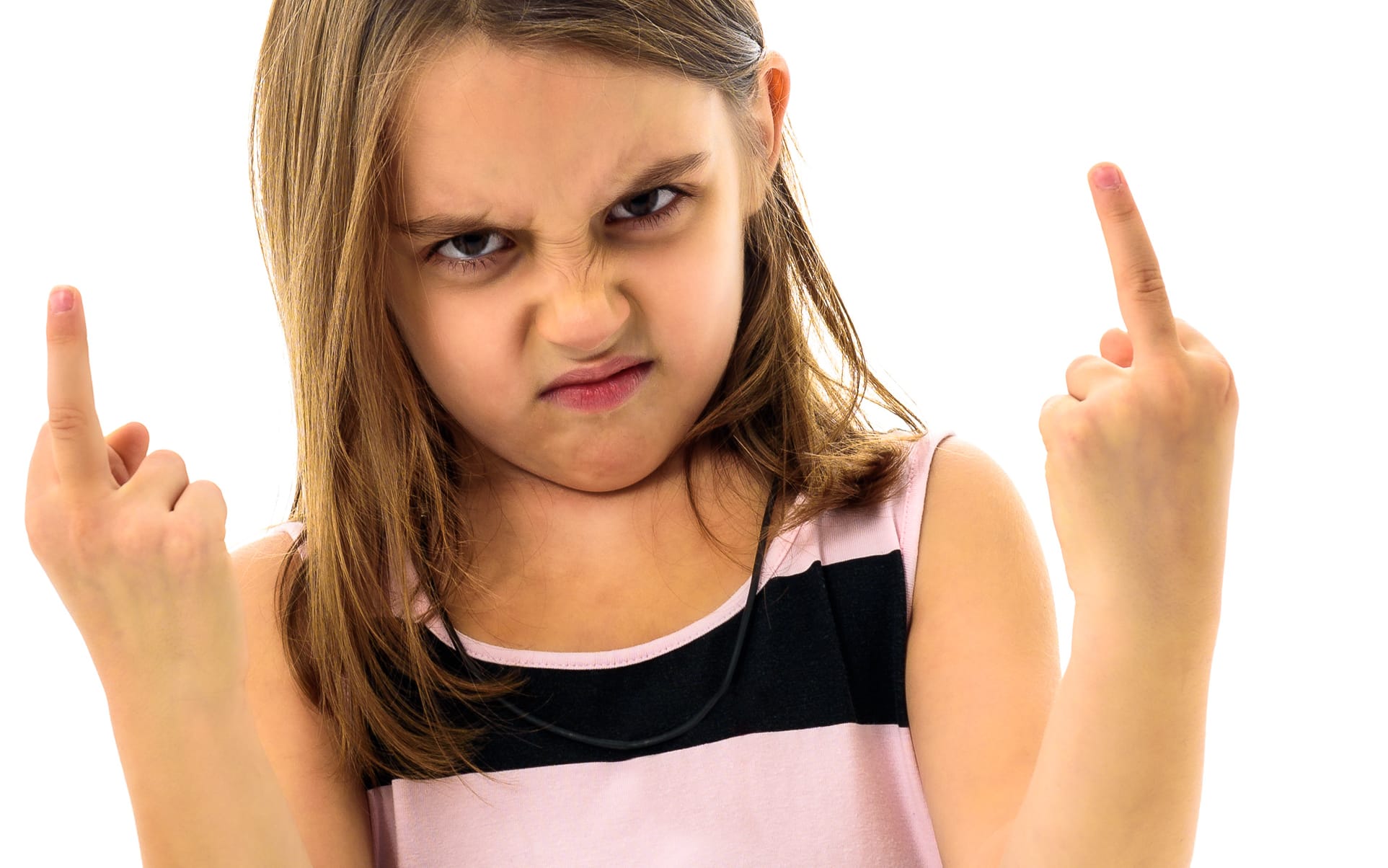Are the kids today less disciplined than ever? According to a US researcher and author the answer is emphatically yes.
Kathryn Reynolds Lewis decided to research and write about children's behaviour when she became a parent.
Her new book The Good News About Bad Behavior: Why Kids Are Less Disciplined Than Ever - and What to Do About It looks at the phenomenon of unruly children and the parenting needed to tackle it.
"When I was looking around me as a new mother that's what kept popping into my head: I didn't remember kids being so unruly!
"I didn't remember kids in my elementary school flatly disobeying an adult when given a direct order, I didn't notice all these kids who had anxiety or ADHD or depression around me when I was growing up. So I started wondering if there was something different."
She says she interviewed hundreds of educators, psychologists and parents to help her get a clearer picture of what was going on.
"I concluded that, yes, kids today really do struggle to manage their behaviour, their thoughts and their emotions in a way that we didn't see 20 or 30 years ago."
She cites a large-scale study that showed children in the US are not doing well at all.
"In the US there was a massive study of 10,000 young people and it found that one in two had a mood or behavioural disorder by the time they were 18. It convinced me this was widespread and not just my imagination."
She says there are three major factors that have reshaped society in the last two or three decades.
Kids don't play or roam in packs any more.
"Childhood play has almost disappeared. Kids are not playing in unstructured ways or outdoors the way that they did a generation ago. They tend to be supervised by their parents or a minder from the time they wake up in the morning until they fall asleep at night."
This matters, she says, because we have robbed them of autonomy, the chance to take risks, to fail and to solve disputes independently without adult intervention.
Children are online and anxious.
"Research shows that technology and social media are highly connected to attention problems, anxiety and depression."
Children need work and purpose and aren't getting it.
"Kids today are really unemployed. They don't often have household jobs where they're helping with chores or watching a younger sibling, they don't have after-school jobs; they don't have a sense of contributing to the family or the community."
This has led to a crisis of self-regulation, she says.
"If a child can't sit still or pay attention, if they have fearful thoughts or big emotions that they can't control this all falls under this big umbrella of self-regulation.
"So children don't have the tools to manage themselves, to control their emotions, to discipline themselves - so they are finding unhealthy ways to express some of those emotions."
Long-running psychological studies show that to thrive humans need three things: autonomy, capability and a sense of belonging, all of which Lewis says are being removed from the lives of children.
Read more about children's independence:
To build capability, she says, start them young when children are hungry for experience and independence.
Kids start saying "I do it myself" at ages two or three, they really want to do it themselves and they're so young that we think they can't contribute, we find something to distract them."
That's the wrong approach, she says.
"If we harness that energy when they're young, and we teach them how to clean the kitchen, how to tidy their bedroom, how to help us cook then they have a wonderful feeling of contribution."
We need to change our thinking when we see a child misbehave and move from annoyance to curiosity.
"Instead of being angry or pleading we should be enlisting the child."
She says three principles keep cropping up in approaches to discipline when a child is misbehaving:
- Connection between adult and child
- Communication about the issue at hand
- Capability building
"We always start with the connection, even if it's just a hand on their forearm, something that shows we're aligned with them.

Katherine Lewis Photo: Supplied
However, Lewis says there are three forms of parenting: authoritarian, permissive and authoritative, and authoritarianism isn't ideal.
"It tends to raise pretty well-behaved children, but we don't always have a very great relationship with our parents if they are authoritarian and it can be damaging to their mental health."
But permissiveness is the worst option, she says, and children parented in this way tend to have even worse outcomes than those with authoritarian parents.
"'I just want to be my child's best friend, the push-over parent who has no rules'. Children raised in that environment tend to actually do pretty poorly, they act out in school, they may get in trouble and experiment with drugs and sex."
She says the gold standard is authoritative parenting, where you're connected and close but with firm and clear limits.
"Even though that has been recognised for decades by psychologists as the best way to parent, it is even harder to do now because kids won't have the skills to meet the limits that we set or go along with our rules."
Lewis is no fan of punishment or rewards as behaviour changing tools. Sticking to the "four Rs" of consequences avoids falling into a punishment mind-set, she says: revealed in advance, respectful, reasonable and related to what the child did wrong.
"It's really what keeps something from becoming a punishment and that just turns the child off, keeps them from learning and makes them resentful."
"They will understand it and turns it from a punishment into learning opportunity."
Rewards are ineffective too, she says.
"I feel the same way about rewards as I do about punishment, it's not effective in building children's skills to behave. Typically the children who win the rewards are the ones who would have gotten them anyway.
"If we want to drain the pleasure out of doing useful jobs, then pay our children to do them."
And if it all seems too hard, remember the long-term aim thirty years hence.
"If we're trying to raise well-behaved, mentally competent 30-year-olds we need to have those tough conversations with our kids about drugs and sex and technology and risky behaviour.
"If we can't have the courage to be the parent we need to be then we're not going to be able to have those tough interactions in adolescence. We need to start when they're young and be brave and think long term."


